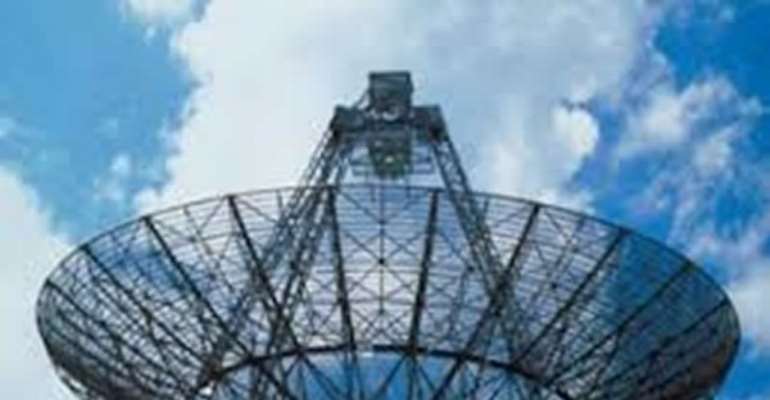Telecom subscribers to pay new 9% tax on services

Telecommunication service subscribers are to pay additional tax as soon as a new Bill now being introduced by the National Assembly is enacted into law.
The Bill, titled 'Communication Service Tax Bill ('CST' or the 'Bill') 2015', seeks to impose, charge and collect Communication Service Tax (CST) and will be levied on service fees payable by users of electronic communication services at 9% and will be borne by the customers.
The rate of the CST, which is proposed at 9 per cent of the service charge for the use of communication service charged by service providers, is seen by fiscal experts as amongst other taxes being imposed by government to shore up its revenue base as the whirlwinds in the international oil market continue its depreciative impact on accruable earnings by the country from crude oil exports.
According to a 'Tax Alert' publication by PricewaterHouseCoopers, PwC, Nigeria, by the National Mirror, if the Bill is enacted into law, it will mandate service providers to file monthly tax returns with the FIRS with strict penalties for non-compliance.
The categories of communication services liable to the tax include voice calls, SMS, MMS, Data and Pay TV. For instance, Section 2 of the Bill listed the chargeable services to include, Voice calls, SMS, MMS, Pay per View TV stations, data usage from telecommunication services providers and internet service providers.
While the Federal Inland Revenue Service (FIRS) will be responsible for the collection of the tax and its payment together with any interest and penalty into the Federation Account, the Federal Government will be responsible for the administration and management of the funds.
The Bill provided that all service providers are to file tax returns and pay the tax due not later than the last working day of the month immediately after the month to which the payment relates.
Failure to comply with this provision will attract stiff financial penalties on erring entities.
Commenting on some provisions of the CST Bill, PwC noted that the Bill seemed to replicate the Ghana Communication Service Act, adding that the reference in the Bill to National Health Insurance Levy, which is not applicable in Nigeria, shows that Bill was perhaps developed through a direct 'cut and paste' approach.
Similarly, the tax and financial services consulting outfit observed that although the CST was borne by the users of the electronic communication service, it imposes significant compliance burden and costs on the service providers.
It clarified: 'Multiple taxation already exists in the information and telecommunications industry such as IT tax on profits, Annual Operator Levy on turnover and VAT on consumption of their services.
The introduction of the CST therefore increases the tax burden on both service providers and their customers.'
